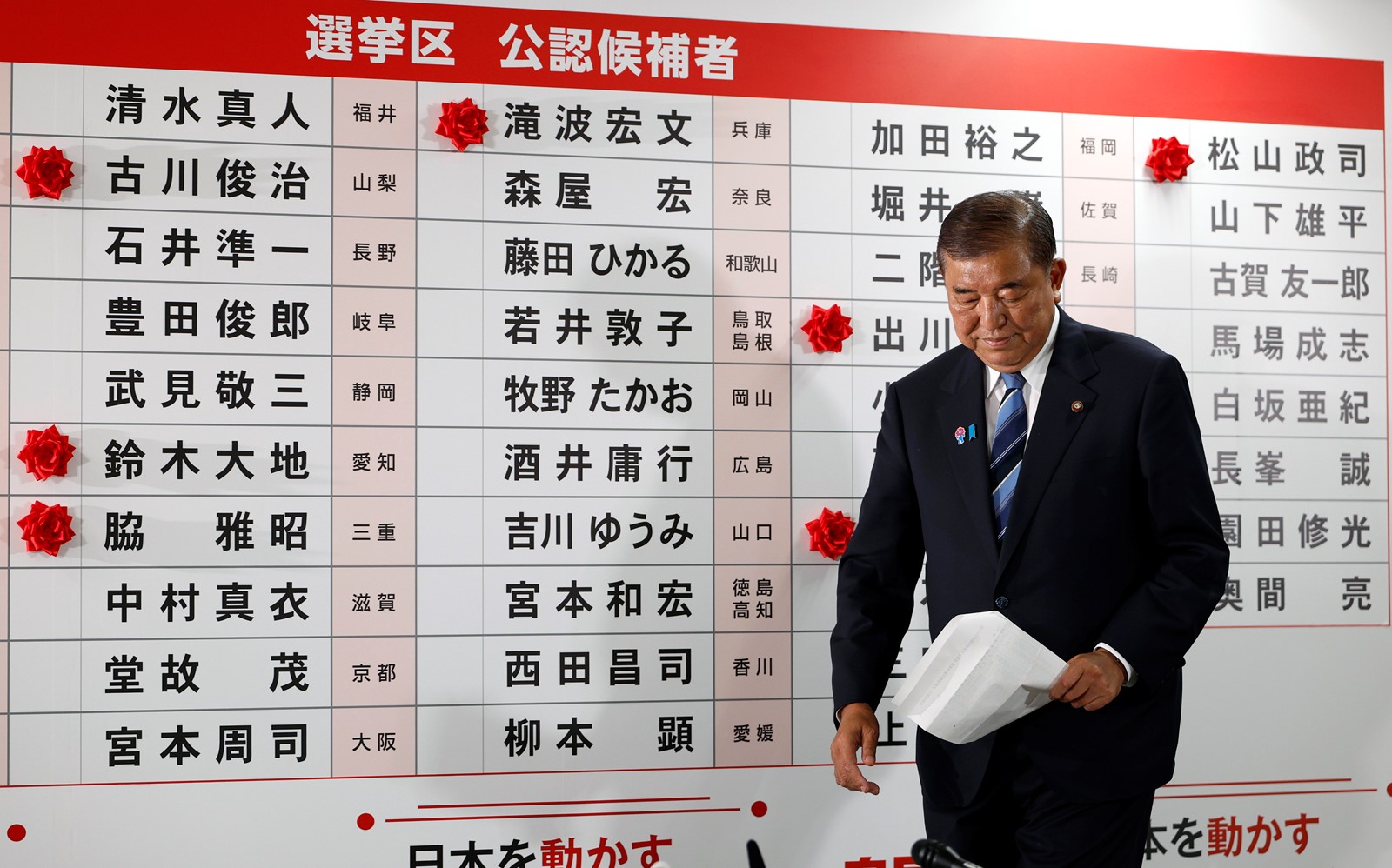TOKYO — Japanese Prime Minister Shigeru Ishiba’s ruling coalition failed Monday to secure a majority in the 248-seat upper house in a crucial parliamentary election, NHK public television said.
Ishiba’s Liberal Democratic Party and its junior coalition partner Komeito needed to win 50 seats on top of the 75 seats they already have to retain their majority. With just one more seat to be decided, the coalition had 47 seats.
The loss is another blow to Ishiba’s coalition, making it a minority in both houses following its October defeat in the lower house election, and worsening Japan’s political instability. It was the first time the LDP has lost a majority in both houses of parliament since the party’s foundation in 1955.
Despite the loss, Ishiba expressed determination to stay on and not create a political vacuum to tackle challenges such as U.S. tariff threats, but he could face calls from within his party to step down or find another coalition partner.
“I will fulfill my responsibility as head of the No. 1 party and work for the country,” he said.
Ishiba hoped for a simple majority but came up short
Ishiba had set the bar low, wanting a simple majority of 125 seats, which means his LDP and its Buddhist-backed junior coalition partner Komeito needed to win 50 seats. Exit poll results released seconds after the ballots closed Sunday night mostly showed a major setback for Ishiba’s coalition.
The LDP alone won 39 seats, better than most exit poll projections of 32, and still the No. 1 party in the parliament. But Ishiba said the coalition’s poor showing was because his government’s measures to combat price increases had yet to reach many people.
“It’s a tough situation. I take it humbly and sincerely,” Ishiba told a live interview with NHK.
The poor performance in the election will not immediately trigger a change of government because the upper house lacks the power to file a no-confidence motion against a leader.



 PREVIOUS ARTICLE
PREVIOUS ARTICLE
